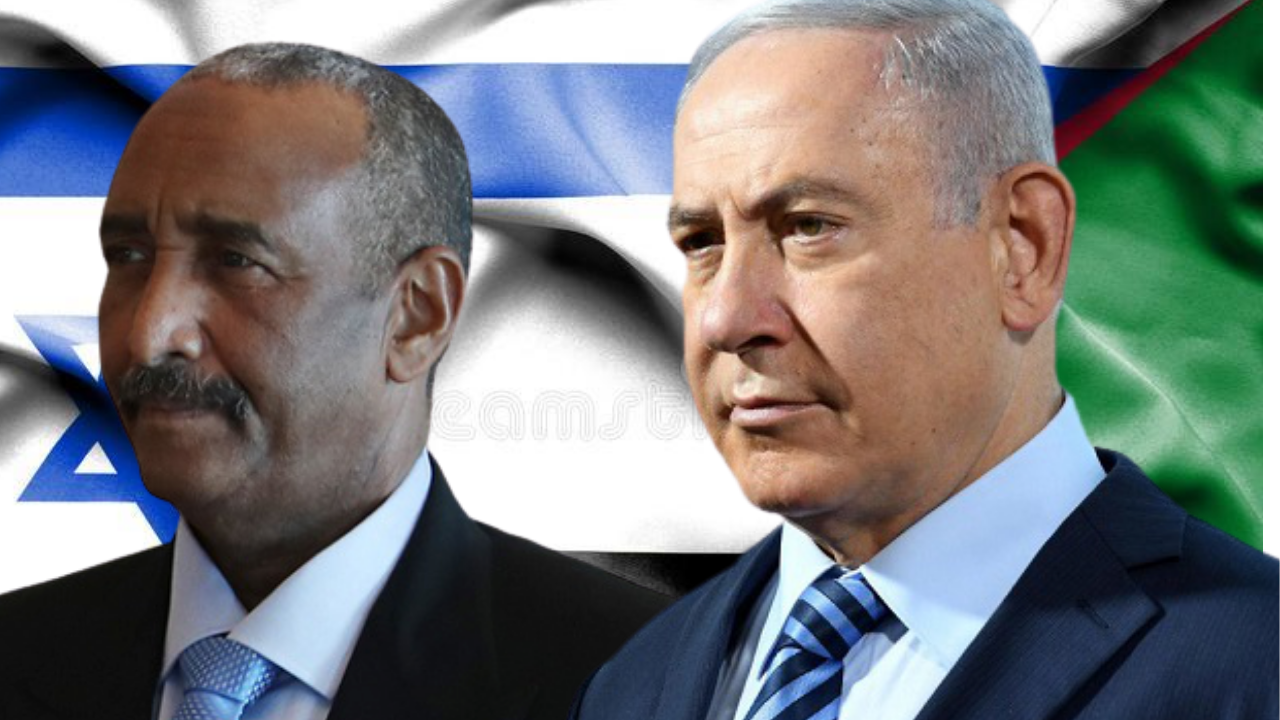The normalization with Israel, desired by the United States before next November, the date of the presidential election, is not materializing in Sudan. Neither the visit of U.S. Secretary of State Mike Pompeo to Khartoum last August, nor last week’s discussions in Abu Dhabi with U.S. officials have proven fruitful.
The Sudanese authorities say they are under strong Saudi and Emirati pressure to accept normalization with Israel, but Khartoum resists, and opposes its reasons. Sudan did not get the urgently requested $2 billion in aid to save the country from economic collapse. The talks have therefore been put on hold.
The provisional government of Abdallah Hamdok prefers to play for time. Not having been elected, it cannot cope with the popular protest against normalization with Israel. “I am not mandated by the people to make such an important decision,” the Sudanese Prime Minister told Mike Pompeo as early as August.
The Sudanese government also feels that it is faced with a fait accompli. The desired normalization with Israel was not one of the conditions demanded of Sudan to remove its name from the blacklist. It was added once Khartoum accepted all the American demands, such as political reforms and compensation of several million dollars for the victims of the attacks in Nairobi and Dar es Salaam in 1998, as well as that of the USS Cole off the coast of Yemen in 2000.
If the Sudanese Sovereign Council appears divided on the question, and the military within this Council seems to be favorable to Israel, the most important political formations reject this normalization. Sadek al-Mahdi, the leader of the Umma party, has indicated that he rejects “this submission and this injustice which has nothing to do with peace”.
The country’s highest religious authority has forbidden in a fatwa the standardization with Tel Aviv. Only three small formations are in favour of it, including the minor branch led by Fadel al Mahdi of the Ummah party.
Sudan: Khartoum said it is under internal and external strong pressure to accept normalization with Israel
